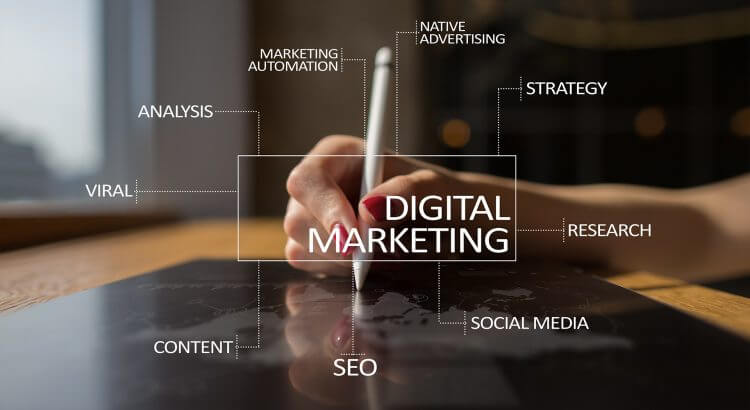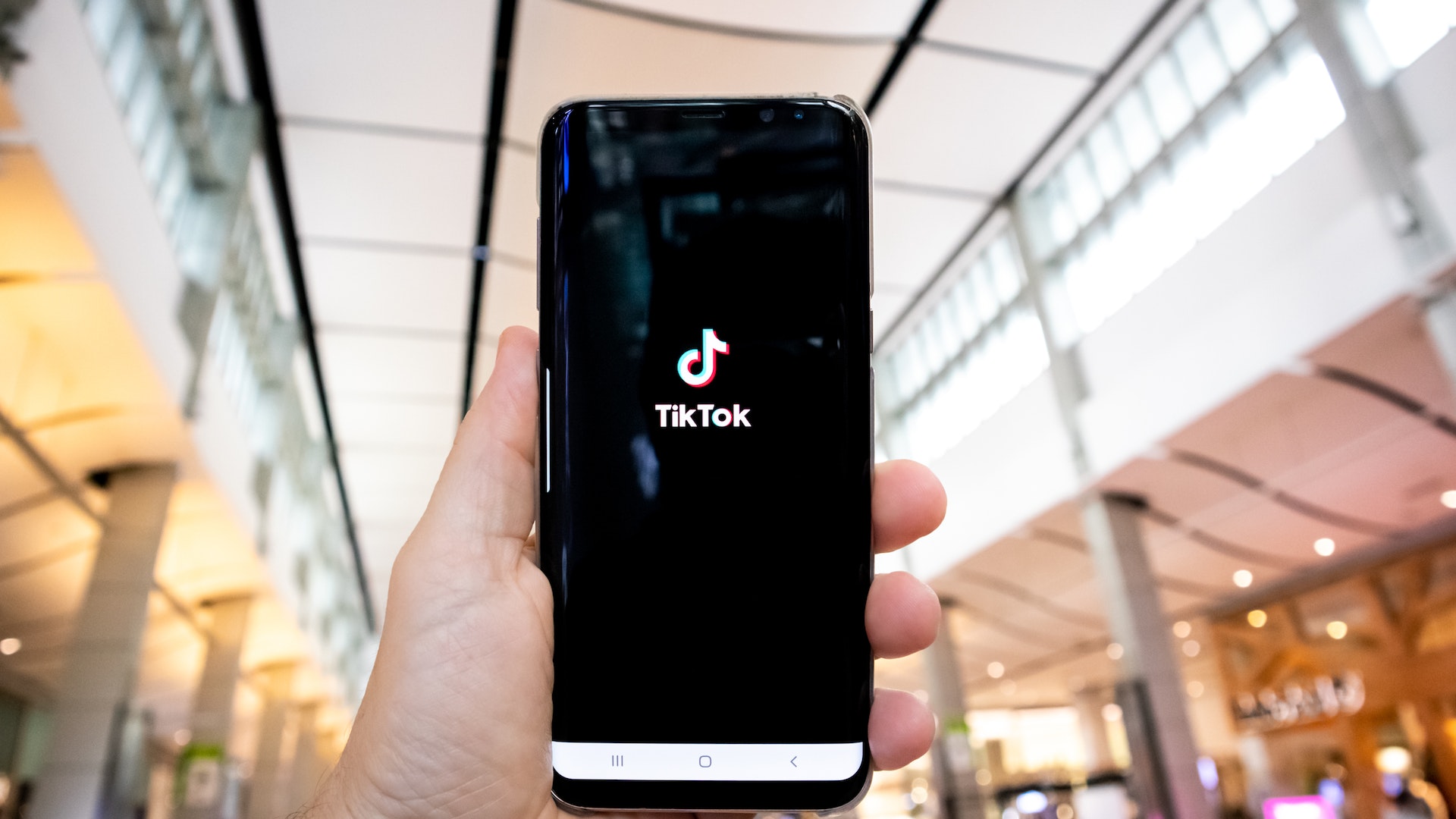
Budgeting season is a time to analyze your hotel’s marketing and technology initiatives from the last year and set a new plan in action to achieve greater success.
NB: This is an article from NextGuest
Today, many sources project that the COVID-19 pandemic will continue to impact the hospitality industry for years to come, which makes budget planning for 2021 even more complex. In light of this, it’s important to have an idea of where the industry is heading and keep forecasted trends for 2021 top of mind when determining how to allocate your marketing dollars.
When putting together your budget, investing in the right marketing initiatives is just one part of the equation. Investing in the right tools and technology is just as critical to success, so it’s important to audit and evaluate all website and marketing technology you are leveraging and think about additional technology and upgrades that may be needed to drive greater returns. This is also a great time to assess any tools or technology you may no longer need and determine where you can invest those funds for greater impact.
Subscribe to our weekly newsletter and stay up to date
To ensure your 2021 hotel digital strategy and marketing plan is set up for success, there are 5 key areas to consider:
- Building a strong foundation for your plan with the right process
- Successfully navigating COVID-19 into 2021
- Staying ahead of industry and marketing trends
- Leveraging the right digital channels and strategies
- Measuring the right KPIs for success
Read on to learn the top considerations in each of these critical areas, and learn the blueprint for 2021 digital strategy success.
Building the Foundation for a Successful 2021 Digital Marketing Plan
To build a strong foundation for your 2021 digital strategy and plan, ensure you consider the following:
- Conduct an In-Depth Discovery Session with Internal Stakeholders: Every year it’s important to revisit any shifts to your goals, who you are targeting, top business needs, and determine any new developments that will need to be considered for your brand and business. Especially with the volatility of travel due to the pandemic, keep a pulse on any shifts in average length of stay, booking windows, RevPar, and so on. This will help all internal stakeholders align on goals and KPIs for 2021, and help uncover critical areas where you may need to invest.
- Evaluate Past Performance: Determine what marketing initiatives and campaigns were most successful and what initiatives fell short of your KPIs. The most important part of this exercise isn’t just determining what initiatives were successful or unsuccessful, but getting to the root cause of why. This will help you determine if the initiative isn’t right for your plan, or if you simply need to adjust your strategy, messaging, or targeting. A well-informed strategy is a successful strategy. Due to the volatility of travel in 2020 with the impact of COVID-19, it’s important to analyze both 2019 and 2020 performance when making decisions for your 2021 marketing plan.
- Audit Your Website Across Devices: A robust marketing plan without a website that converts will dramatically lower your returns. Determine areas that need improvement on your website and determine if you need a full website redesign. While it’s a best practice to redesign your website every 2-3 years, if your budget doesn’t allow for this, it’s critical that you at least identify areas of improvement that can help fuel the booking funnel and increase conversions. It’s important to evaluate the overall health of your website including SEO, content, user experience, and performance. Does the content and imagery still resonate with your key customer segments? Are there UX issues that are causing a high bounce rate or prohibiting visitors from booking? Does the design still capture your brand aesthetic? Some metrics to evaluate include website pathing behavior, revenue and traffic on desktop vs mobile, top pages by visits, revenue, bounce rate, any notable shifts in your website’s look to book ratio, and of course, any notable trends in conversion rate. If conversion rate is down, before you pin your website as the culprit, be sure to evaluate your website traffic sources for a dip in visits or revenue.
- Evaluate Tools & Technology: Streamlining your martech is critical to create efficiencies, cost savings, and ultimately creating a cohesive digital ecosystem. Which tools or technology do you no longer need? Which tools or technology can be streamlined into one platform? Is there new technology you could be leveraging to achieve your goals, KPIs, or help you leverage industry trends? These decisions are just as critical as your website and marketing plan.
- Refresh Your Creative Assets: Your marketing messages and brand story should be compelling at every touchpoint. Evaluate all creative to ensure it still aligns with your brand aesthetic and story, follows current design trends, and conveys the right message. With COVID-19 top of mind for travelers, ensure that all imagery with people reflects social distancing, and all messaging is still relevant through a COVID-19 lens.
- Research Industry and Marketing Trends: Understanding industry and marketing trends for 2021 will help you navigate the digital landscape for success and innovate your digital strategy. Be sure to not only identify trends, but determine how each trend is relevant to your digital strategy and how your digital strategy must evolve to leverage the trend successfully. With COVID-19, there has been many shifts to travel planning behavior and your strategy must adapt.
- Determine the Right Budget: When determining your marketing budget for 2021, it is important to consider how the pandemic is affecting your destination and your target markets. In order to remain competitive and capture remaining travel intent, make sure you have as much funds as possible available and scale your budget according to the rise and fall in travel demand. If your marketing budget is severely limited, focus on the highest-performing marketing channels and ensure adequate budget required to achieve goal KPIs. As the year progresses and travel demand increases, you can shift budget between upper funnel and lower funnel initiatives and ramp up ad spend to fuel conversions.
Use this formula to determine how much budget you should allocate for digital marketing in 2021:
((# of Rooms x Average Occupancy Rate x 365 Days x ADR) x 5%) x 40%It is important to keep in mind that the budget determined here should serve as the minimum budget and does not account for marketing assets and upper-funnel initiatives focused on brand awareness.




